Set personalized goals and reach them. Our Columbia-trained autism experts provide patient-focused, compassionate care. We function as autism therapists for adults and children, offering services in both New York City and Miami for individuals at every stage of neurodivergence.


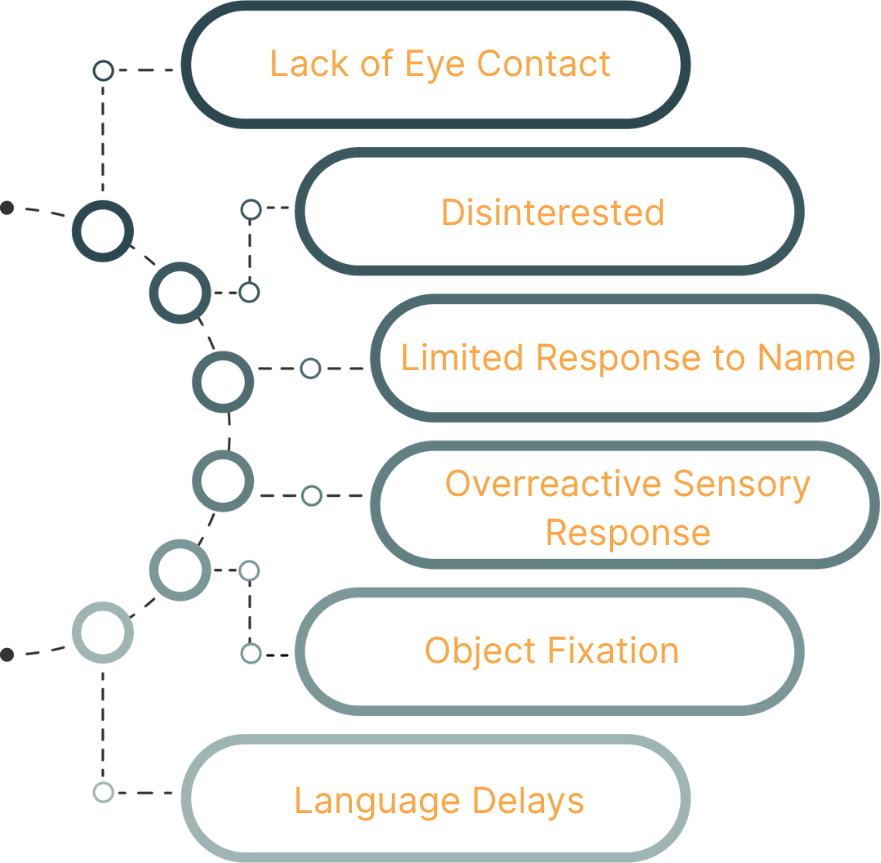
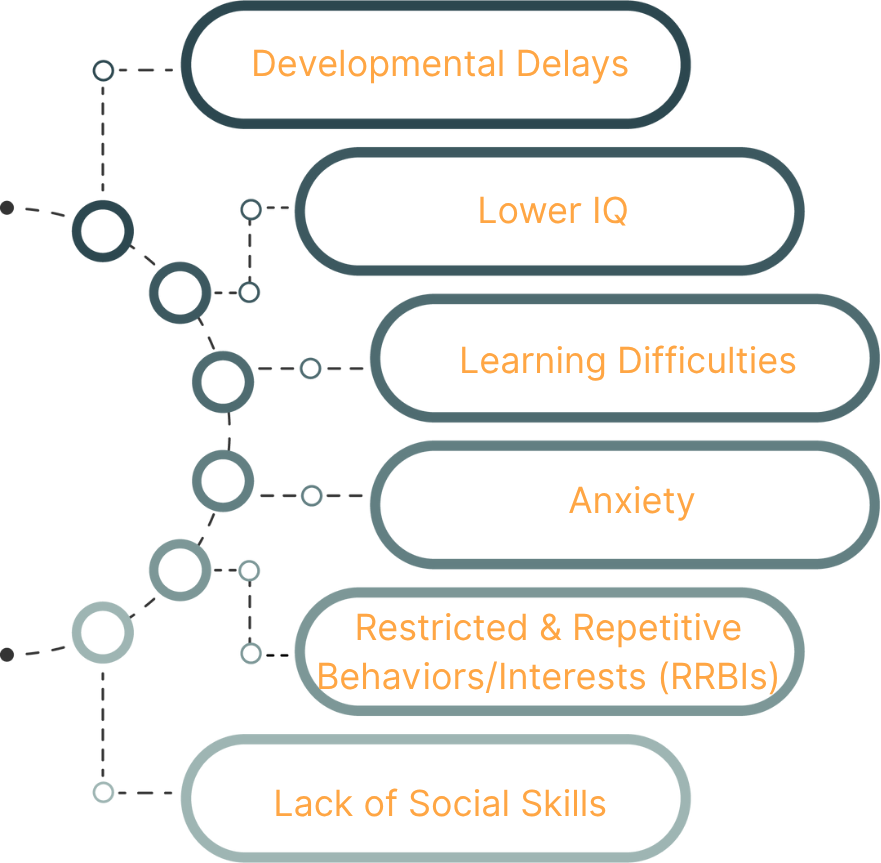
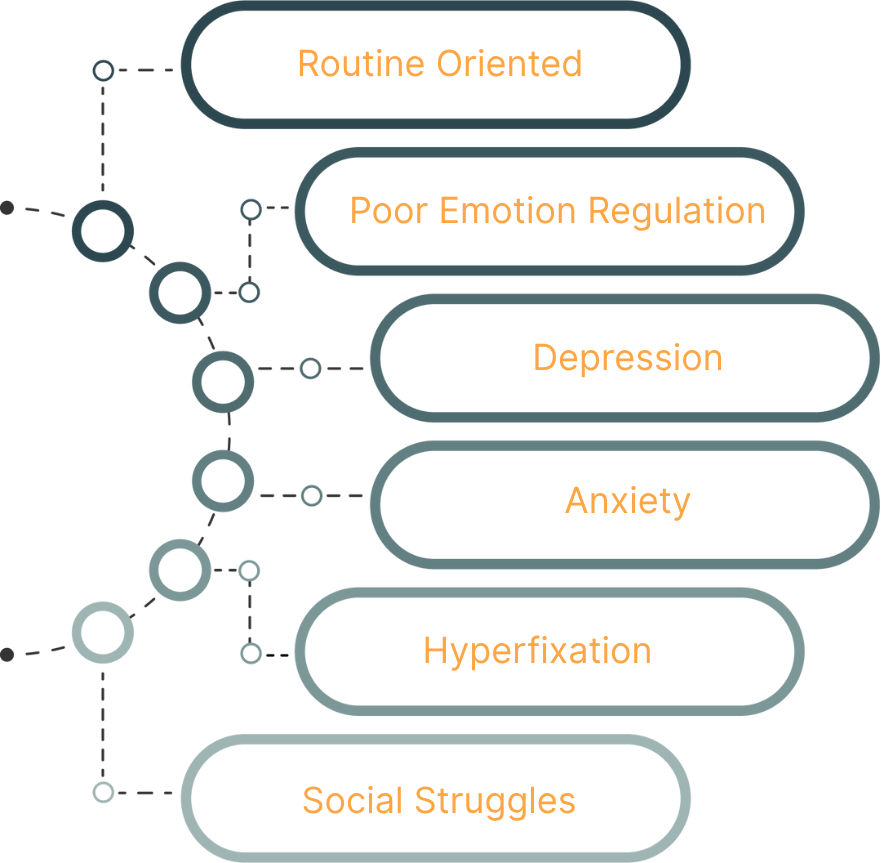
The journey begins with a comprehensive mental health assessment focused on Autism, led by our expert team, including Dr. Ryan Sultan. This initial assessment ensures we understand each patient’s symptoms, medical history, and treatment goals. This process is especially tailored for therapists for adults with autism or those seeking care in adulthood. We ensure that your diagnostic and therapeutic path is developmentally appropriate.

Based on the initial Autism evaluation, our team collaborates to design a personalized treatment plan targeting the individual’s needs. Whether someone is navigating Autism Level 1, 2, or 3, our team collaborates to select the most appropriate plan of action. For individuals with co-occurring ADHD and autism, our psychiatrists for ADHD and autism support medication planning and broader neurodevelopmental care.

Patients are introduced to evidence-based therapeutic approaches that are proven to be effective in treating autism. This often includes Cognitive Behavioral Therapy (CBT), depending on the particular disorder. Our team provides detailed explanations and sets expectations, ensuring that patients feel informed and supported.

Regular therapy sessions begin following the individualized Autism management plan. Our therapists, who are experienced in treating Autism, work closely with patients to address their experiences and struggles. Sessions are scheduled consistently to ensure progression and effectiveness.

For patients whose Autism care includes medication, Dr. Ryan Sultan and our team provide careful prescription management. This includes selected choosing the appropriate medication, monitoring their effectiveness, and adjusting dosages as needed to optimize therapeutic outcomes and support long-term management.

We emphasize the importance of educating patients about their ASD. Patients are powered them with knowledge about their disorder, along with its impact. This step includes providing resources, coping strategies, and self-care techniques to further support wellbeing.

Our commitment to our patients extends beyond the initial stages of Autism treatment. We conduct ongoing evaluations to monitor progress and adjust the treatment plan as needed. Ongoing appointments and follow-ups ensure that the patient feels continuous support throughout their journey to recovery and a healthier, more fulfilled life.

Reinforcing executive functioning promotes autonomy in everyday life.
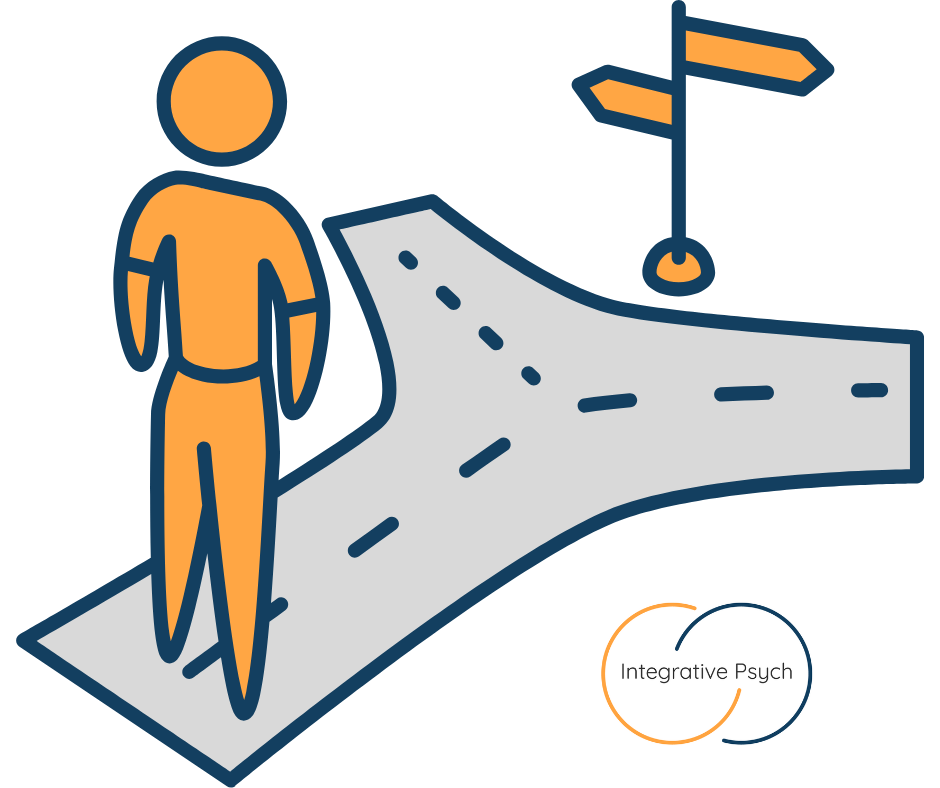
Strengthen your tool box to better manage Autism and thrive.
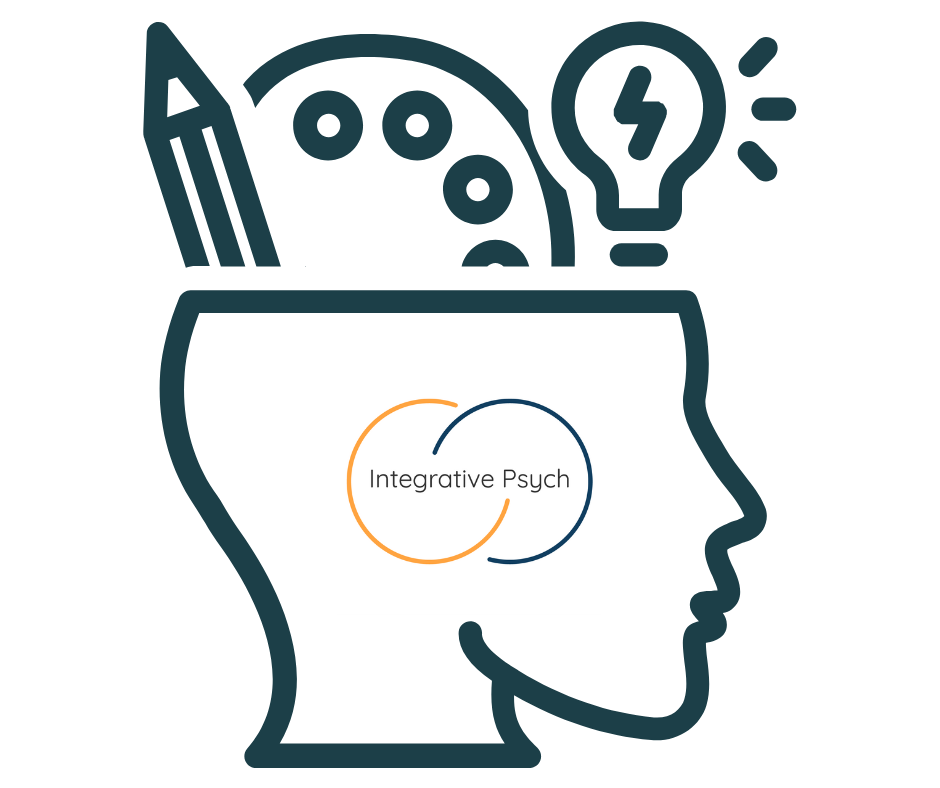
Limit potential meltdowns or self-injurious behaviors through emotion regulation development.

Build social skills such as understanding social cues and empathy.

Understand awareness and skills to parent and live with someone who has Autism. Neurodivergent parenting books may be suggested.
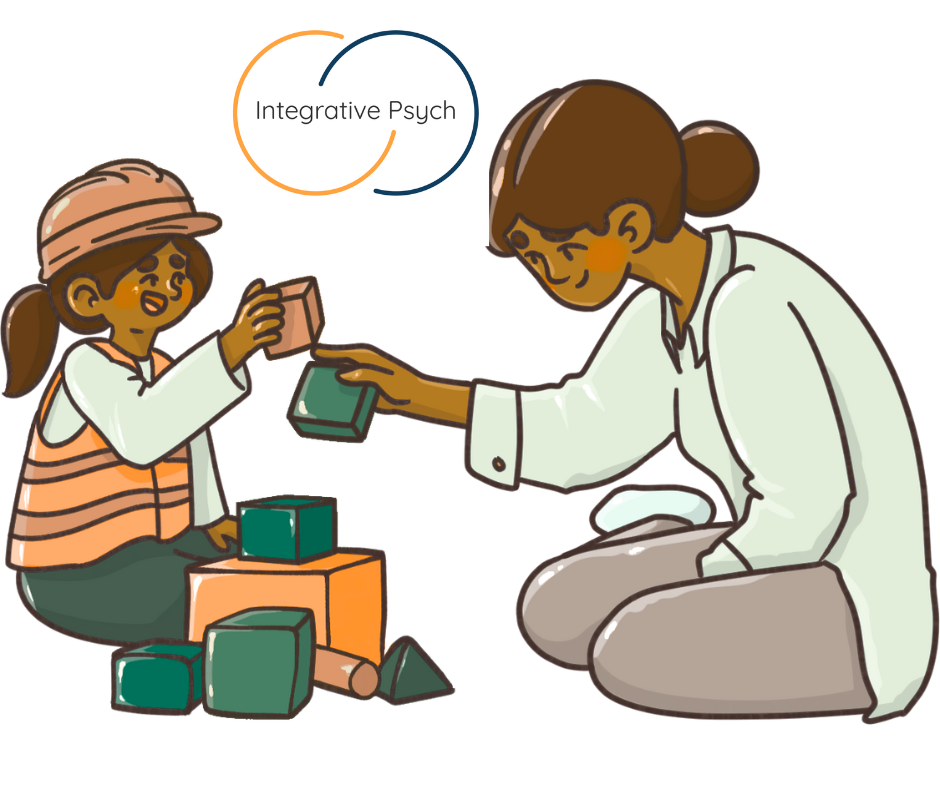


We're accepting new clients.
Book your consultation below.